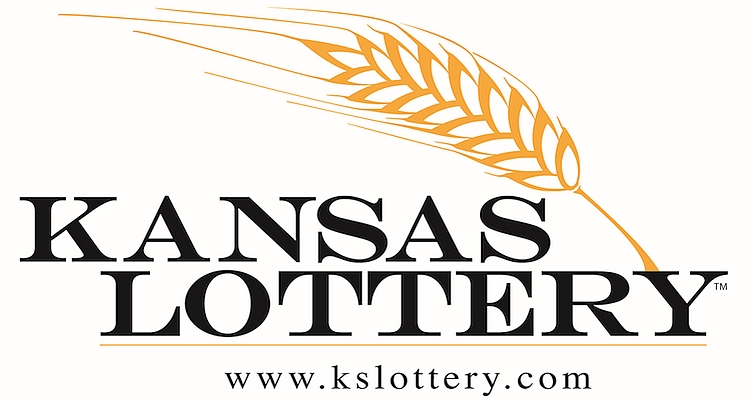TOPEKA – The Kansas Lottery is pleased to announce it transferred more revenue to the State of Kansas in Fiscal Year 2019 than in Fiscal Year 2018.
The combined transfer from the traditional lottery and state-owned and operated casino gaming revenue totaled $173.6 million.
The total revenue transferred to the State through traditional lottery game sales was $74.9 million. Revenue transferred from state-owned and operated casino gaming totaled $98.7 million. Kansas Lottery retailers saw record commissions in FY19 of $17.3 million.
Traditional lottery sales in Fiscal Year 2019 were $295.3 million. Lottery sales were 9.79 percent higher than in FY18 when sales were $268.9 million.
“It’s the Kansas Lottery’s mission to engage our players in a fun and secure way while also doing our best to try and maximize a return to the State,” said Kansas Lottery Executive Director Stephen Durrell. “We do that by looking at ways to keep our players interested and excited about our games. The Lottery is continuing to add new games and second-chance promotions that offer unique experiences, and we thank all of our players and retailers for their continued support.”
A portion of proceeds from traditional lottery sales was dedicated to paying for the 272 Lottery vending machines being rolled out to select retailers across the state. The Kansas Lottery avoided interest and financing costs by paying for the vending machines from operating funds.
“Our vending machine roll-out has been methodical as we try to look for the best retailers to maximize the effectiveness of the machines,” Durrell said. “We look forward to the opportunity for increasing our sales and transfer to the state through vending machine sales. Vending machines offer easier access for our players to find their favorite games and takes the burden off our retailers during times of high retail sales.”
The Kansas Lottery also transferred a combined $8.3 million to the Problem Gambling and Addictions Grant Fund. The transfer included $80,000 from traditional lottery games and $8.22 million from state-owned and operated casino gaming, as required by state law.
“The Kansas Lottery values its relationship with the four managers the State contracted with to manage these casinos,” Durrell continued. “The casinos generate millions of dollars for the state and helps the Lottery accomplish its mission by maximizing the State’s revenue.”
Where Does the Money Go?
Traditional Lottery Revenue
Traditional lottery revenue goes into the State Gaming Revenues Fund. On a yearly basis, the first $50 million is divided by a formula which first transfers $80,000 to the Problem Gambling and Addictions Grant Fund. Then 85 percent of the balance is transferred to the
Economic Development Initiatives Fund, 10 percent to the Correctional Institutions Building Fund, and 5 percent to the Juvenile Detention Facilities Fund.
The Economic Development Initiatives Fund supports state programs that create and retain jobs in Kansas. Those include Kansas Department of Commerce programs, Tourism and Parks programs in the Kansas Department of Wildlife & Parks, the Kansas Board of
Regents for vocational education programs, and many more.
Other portions of traditional lottery revenue are specifically appropriated for veterans’ programs and, beginning in Fiscal Year 2020, mental health programs. All other net revenues in excess of $50 million must be transferred to the State General Fund. In Fiscal Year 2020, up to $8 million of the net profits generated from vending machine sales will be directed to mental health programs throughout the state.
Veterans Games
Included in the Fiscal Year 2019 transfer of traditional lottery was $1.2 million from the sale of special $1 and $2 Veterans Benefit instant scratch tickets. Proceeds from the tickets go to state programs benefiting Kansas Military veterans. Some of the programs include Veterans Enhanced Service Delivery Program, National Guard scholarships and Kansas Veterans homes and cemeteries.
Expanded Lottery (Casino) Revenue
The 2007 Kansas Expanded Lottery Act created the Expanded Lottery Act Revenues Fund (ELARF). The State’s share of revenue from state-owned and -operated casino gaming is transferred from the ELARF for purposes of reduction of state debt, state infrastructure improvements and reduction of local ad valorem tax; and/or for other purposes as directed by the Kansas Legislature, such as Kan-Grow Engineering Funds at state universities and the reduction of unfunded actuarial liability of the Kansas Public Employees Retirement
System (KPERS).



